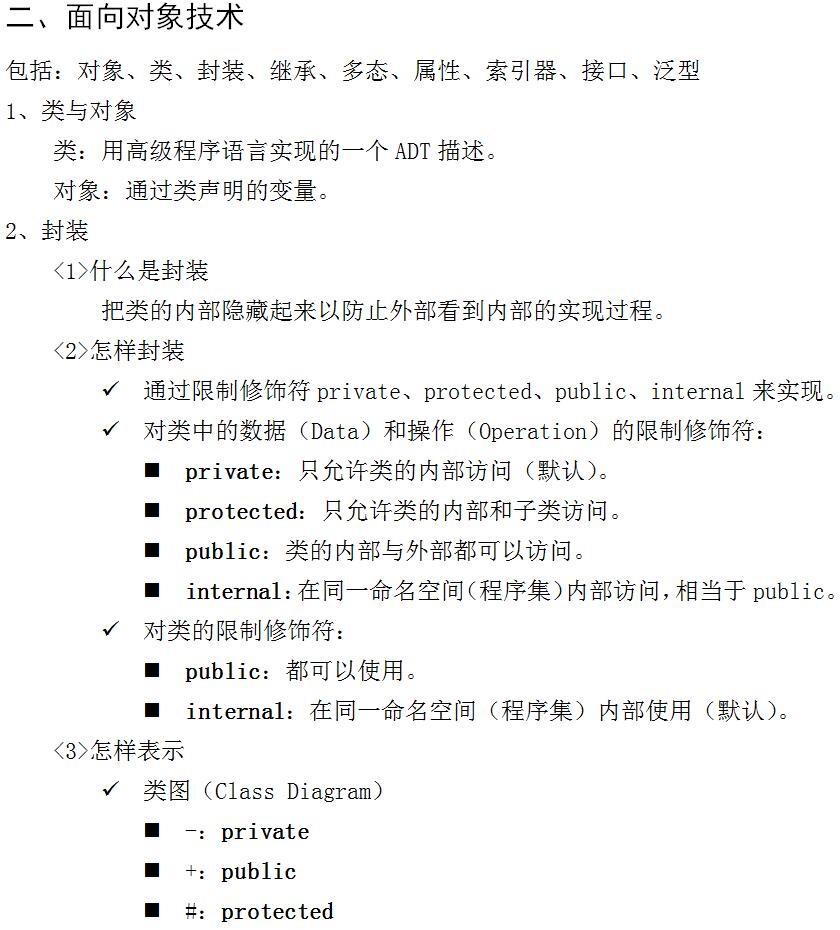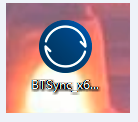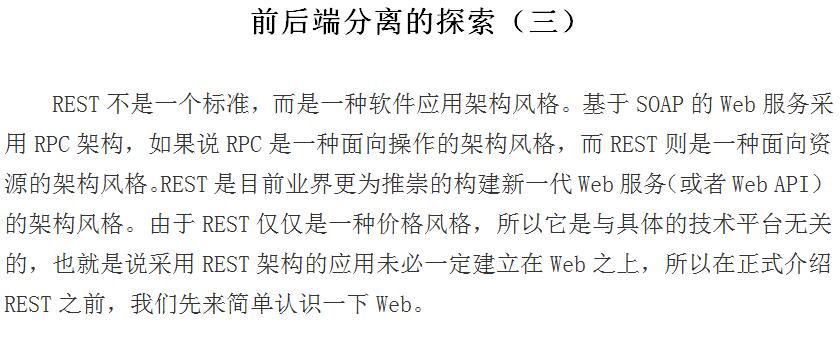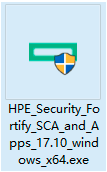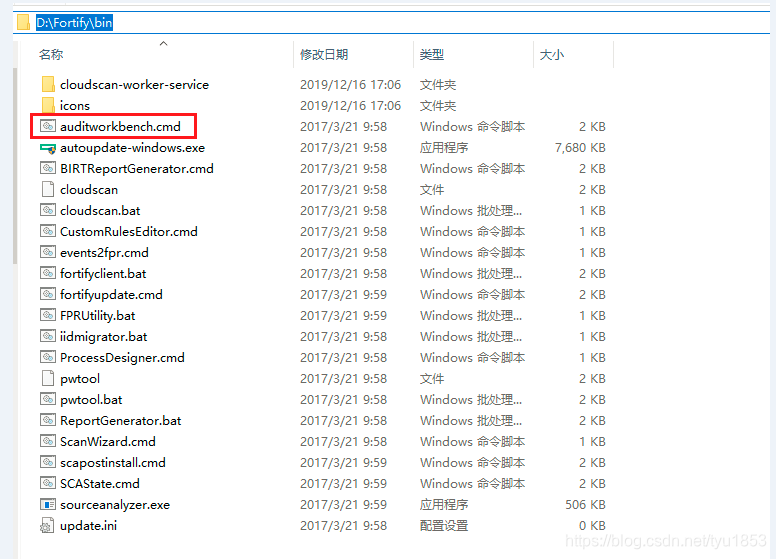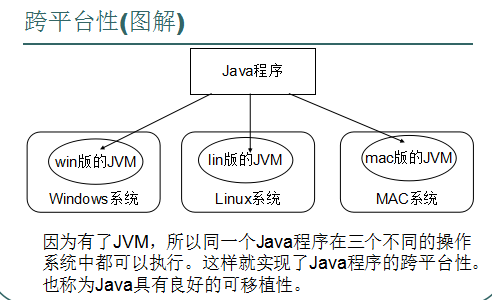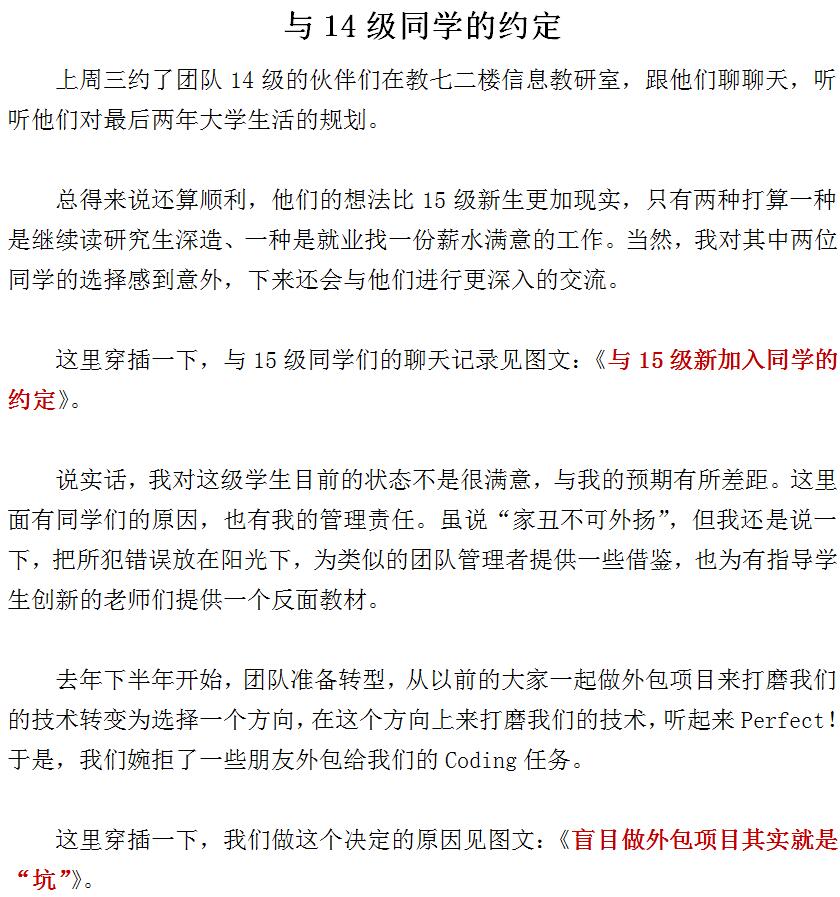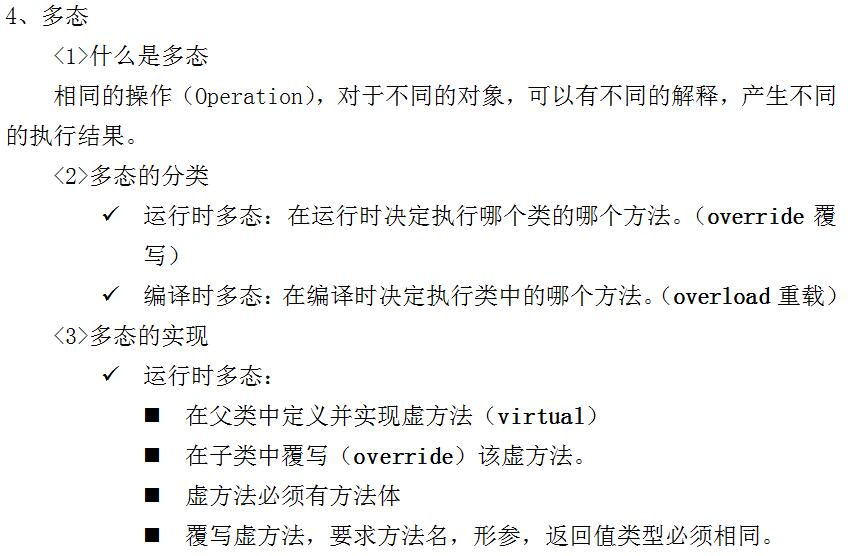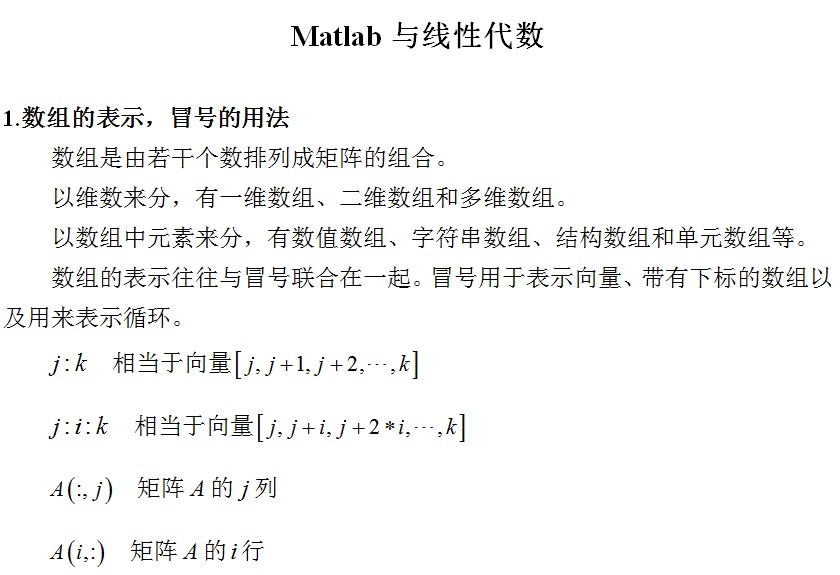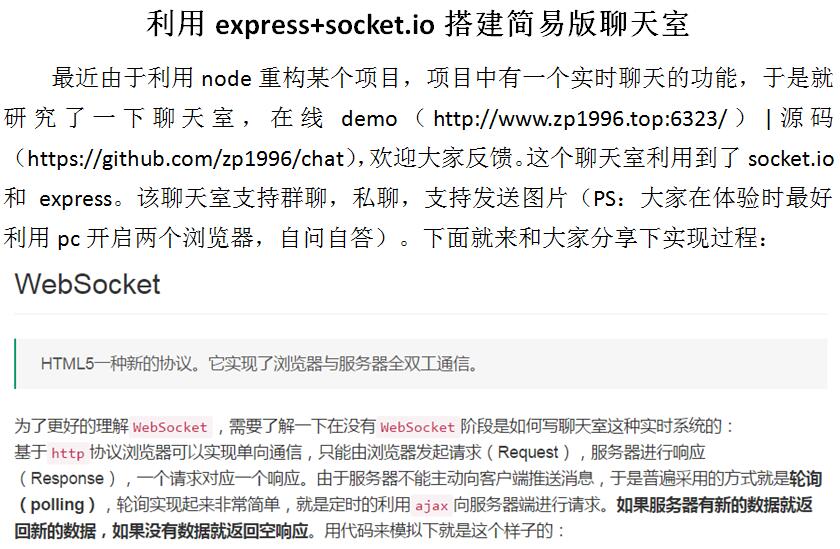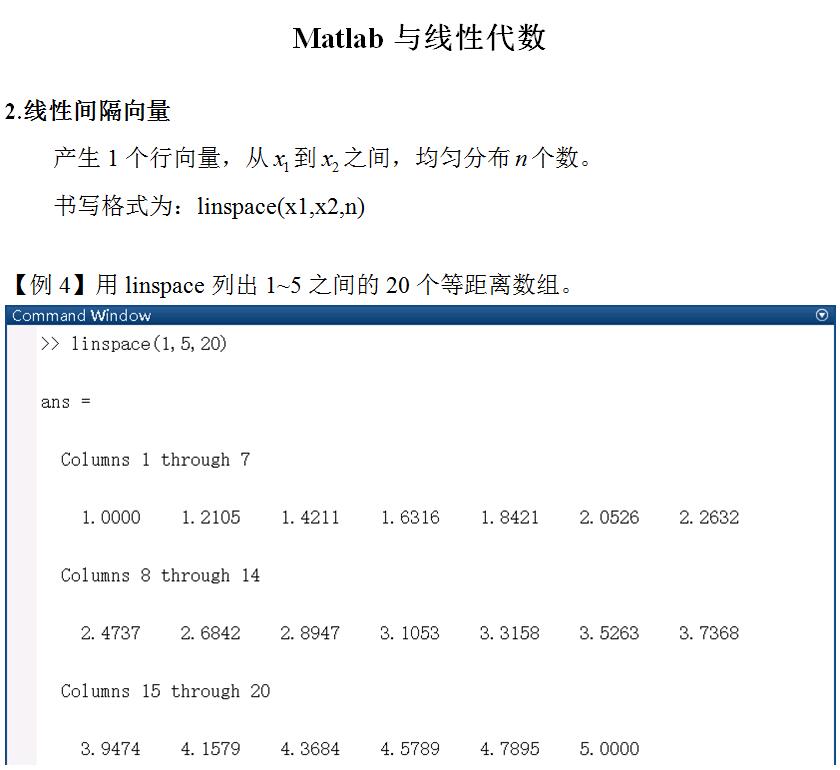以前用过一段时间Python,里面有个try/catch/else语法,我觉得挺好用,这个语法形如下:
try:print('try...')r = 10 / int('2')print('result:', r)
except ValueError as e:print('ValueError:', e)
except ZeroDivisionError as e:print('ZeroDivisionError:', e)
else:print('no error!')
finally:print('finally...')
print('END')这段代码来至廖雪峰的教程,我觉得这个语法挺好的,我举一个C#的例子:
static void Main(string[] args)
{int result = 0;bool hasEx = false;try{result = Div(100, 1);}catch (Exception ex){Console.WriteLine("it's wrong:" + ex.Message);hasEx = true;}if (!hasEx){DoSomthing(result);}Console.ReadLine();
}static int Div(int dividend, int divider)
{return dividend / divider;
}static void DoSomething(int result)
{Console.WriteLine("do somthing with " + result);
}上例中,我想在调用Div方法没有抛出异常的情况下才执行DoSomething方法,一般的处理方法如上面代码所示,用一个bool型变量来判断是否超出了异常,这样写出的代码并不是很优雅。也许有人会说把DoSomething方法放到Div方法的下面,如果Div方法抛出了异常的话就不会执行DoSomething方法了,但是这样做有一个问题:一个try块中放置多个可能抛出异常的方法本身不太合理,一旦catch到异常,可能需要额外的设计才能使得catch中的代码知道异常到底是Div方法抛出的还是DoSomething抛出的。基于如上考虑,我写了一个辅助类:
public static class TryCatchElseHelper
{public static void Do<TResult>(Func<TResult> tryToDo, Action<Exception> catchTodo, Action<TResult> elseTodo){bool catchEx = false;TResult result = default(TResult);try{if (tryToDo != null){result = tryToDo();}}catch (Exception ex){catchEx = true;catchTodo?.Invoke(ex);}if (!catchEx){elseTodo?.Invoke(result);}}
}调用此类,上面Main函数里的代码可简化如下:
static void Main(string[] args)
{TryCatchElseHelper.Do<int>(() => Div(100, 0),ex => Console.WriteLine("it's wrong " + ex.Message),r => DoSomething(r));Console.ReadLine();
}以上代码本属雕虫小技,大家可以借此来讨论讨论微软是否有必要在C#将来的版本中加入try/catch/else的语法,谢谢,祝节日愉快。

